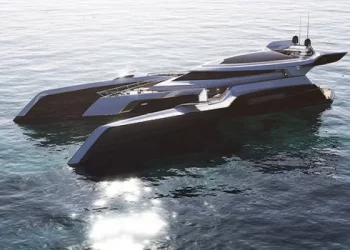Recently, the topic of new energy vehicles has become a hot topic, especially after Volkswagen’s exhaust gas door, the passenger car diesel route that was popular in Europe was questioned or closed, and major manufacturers began to invest in the development of new energy vehicles.
And China, as a big oil consumer, has formulated the development route of new energy vehicles as early as more than 10 years ago, and has unswervingly developed to the largest scale in the global market.
So, why do we develop new energy vehicles?
Is the traditional internal combustion engine really coming to an end?
Why does China attach so much importance to the development of the new energy automobile industry?
Domestically, the development of new energy vehicles is a national strategy.
In 2016, China’s automobile production and sales exceeded 28 million units, ranking first in the world for eight consecutive years. However, the mastery of core technologies is insufficient, which is large but not strong, especially in the manufacturing of internal combustion engines.
How to change from big to strong?
The development of new energy vehicles is the only way for China to move from a car power to a car power.
In this field, we stand on the same starting line as the established auto powers, because new energy vehicles do not need the traditional internal combustion engine at all, so it is possible to achieve curve overtaking or lane change overtaking.
Since the beginning of the 21st century, China is the first and probably the only country in the world to develop new energy vehicles as a national strategy.
“Made in China 2025” points out that new energy vehicles are one of the 10 key areas to vigorously promote breakthrough development in the next 30 years.
From the international perspective, the development of new energy vehicles is the general trend.
At the 2017 Frankfurt Motor Show in Germany, many of the cars on display bid farewell to traditional engines and automakers raced to develop new energy vehicles.
Volkswagen, the world’s largest carmaker, says it will electrify 300 of its models by 2030.
The company announced that in 2019, it will completely stop producing all-fuel cars.
In the 21st century, the energy crisis and environmental pollution have become the world’s challenges, and the development of new environment-friendly energy has become a major issue that determines the future fate of human beings. Among them, the new energy vehicle plays a pivotal role, and it has become the core and new engine of the next round of global automobile enterprise competition and development.












































